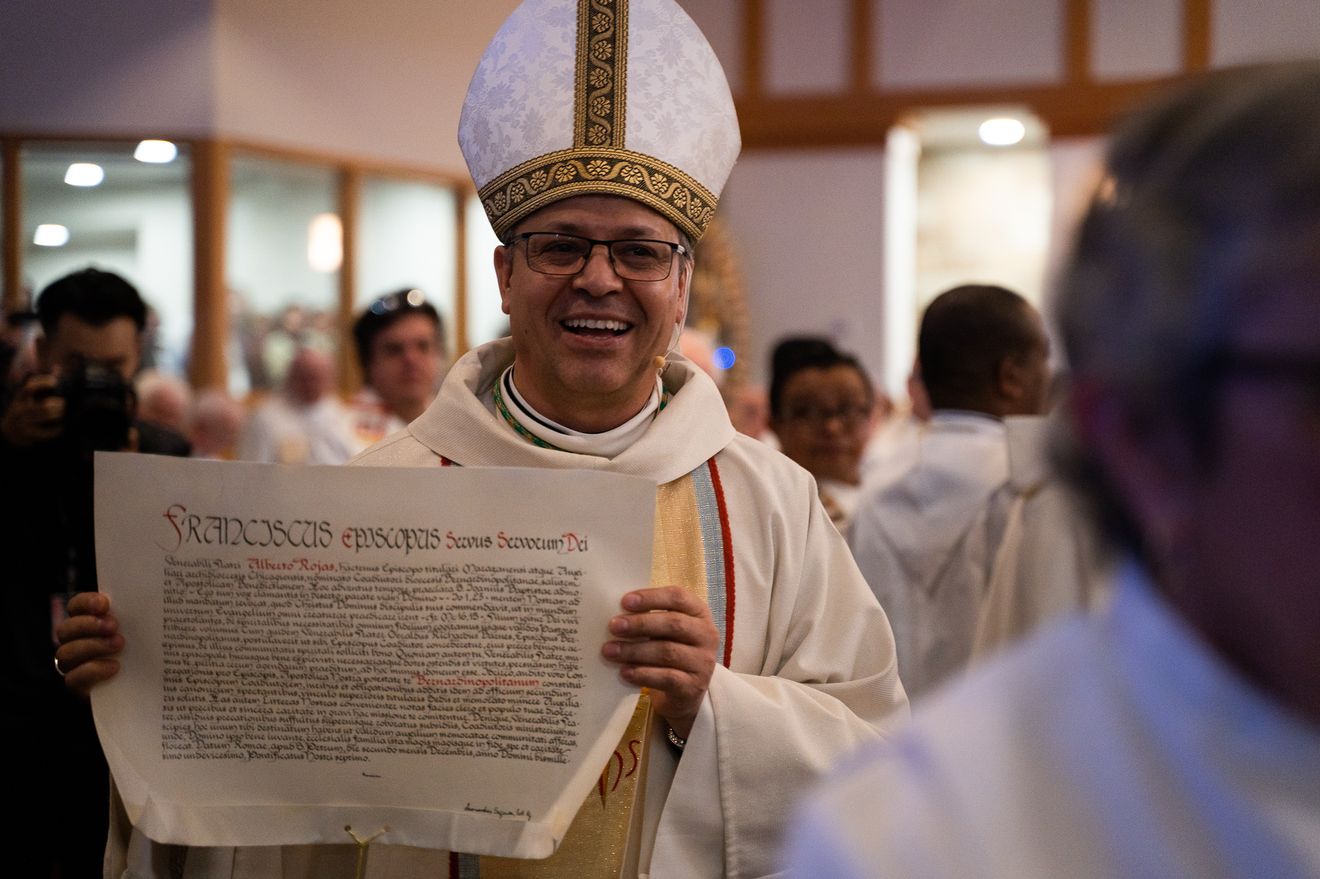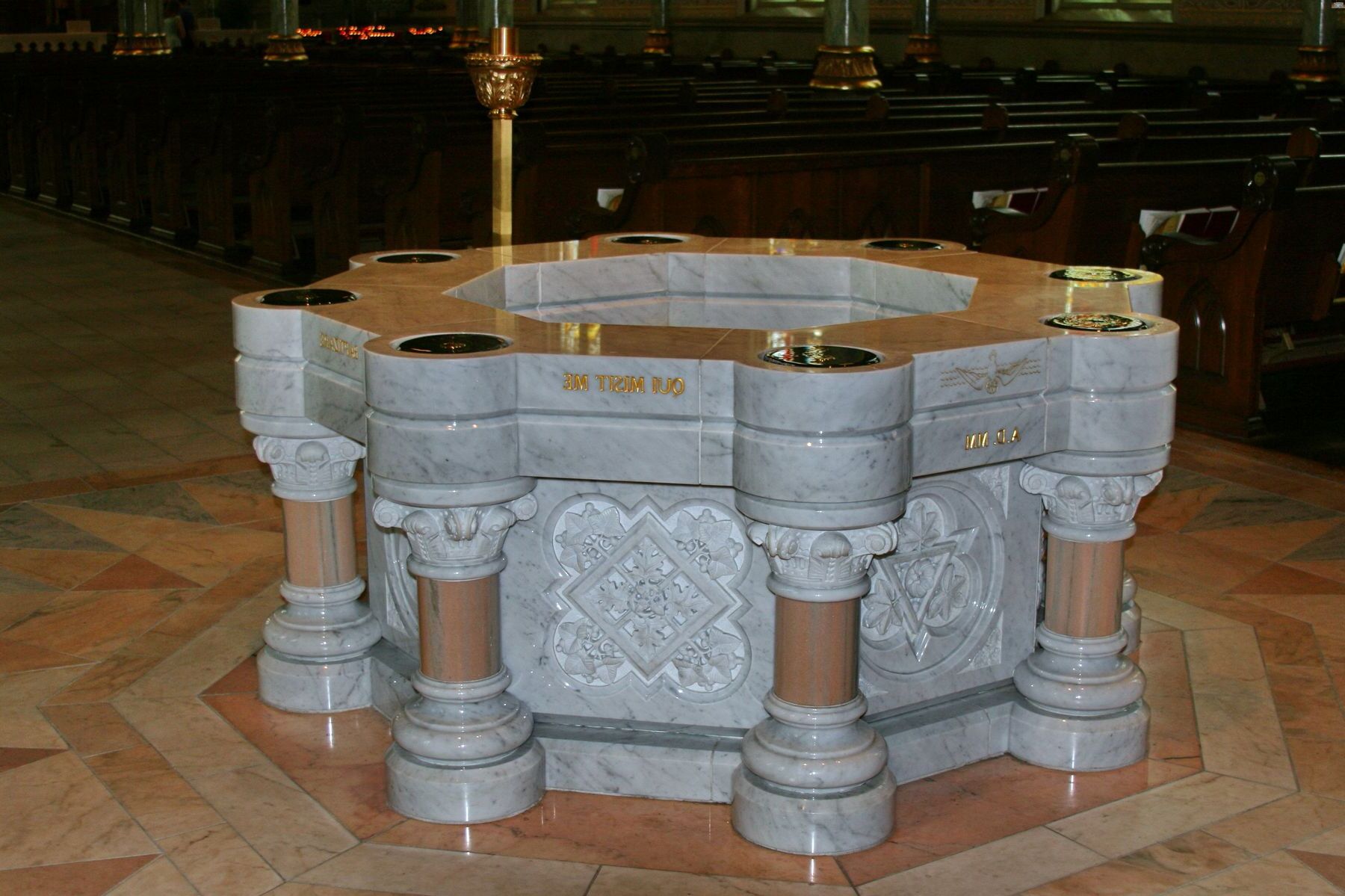
Who is a Coadjutor Bishop? A Coadjutor Bishop is a bishop appointed to assist a diocesan bishop and has the right of succession. This means when the current bishop retires, resigns, or passes away, the coadjutor automatically becomes the new diocesan bishop. This role ensures a smooth transition and continuity within the diocese. Coadjutor bishops often share in the administrative and pastoral duties, providing support and relief to the diocesan bishop. They are usually appointed in larger dioceses or where the current bishop may need additional help due to age, health, or workload. Understanding the role of a coadjutor bishop helps appreciate the structure and function of the church hierarchy.
What is a Coadjutor Bishop?
A Coadjutor Bishop is an assistant bishop with the right of succession. This means they are next in line to become the diocesan bishop when the current one retires or passes away. Here are some fascinating facts about this unique role in the church.
- The term "coadjutor" comes from the Latin word "coadiutor," meaning helper or assistant.
- Coadjutor bishops are appointed by the Pope.
- They have the right to automatically succeed the current bishop without a new appointment.
- This role is often used to ensure a smooth transition in dioceses with large populations or complex issues.
Historical Background of Coadjutor Bishops
The role of coadjutor bishops has a rich history that dates back centuries. Understanding their origins provides insight into their importance in the church.
- The concept of coadjutor bishops dates back to the early centuries of Christianity.
- They were initially appointed to assist elderly or ailing bishops.
- In medieval times, coadjutor bishops were often appointed in politically unstable regions.
- The Council of Trent (1545-1563) formalized the role, emphasizing the need for continuity in church leadership.
Responsibilities of a Coadjutor Bishop
Coadjutor bishops have specific duties that help them prepare for their future role as diocesan bishops. These responsibilities are crucial for maintaining the church's operations.
- They assist the diocesan bishop in administrative duties.
- Coadjutor bishops often oversee specific regions within the diocese.
- They may be responsible for implementing new church policies.
- They play a key role in pastoral care, ensuring the spiritual well-being of the community.
Appointment Process of a Coadjutor Bishop
The appointment of a coadjutor bishop is a meticulous process involving several steps and approvals. This ensures that the right candidate is chosen for the role.
- The process begins with a recommendation from the diocesan bishop.
- The recommendation is reviewed by the Congregation for Bishops in Rome.
- The Pope makes the final decision and appointment.
- Once appointed, the coadjutor bishop is consecrated in a special ceremony.
Differences Between Coadjutor Bishops and Auxiliary Bishops
While both coadjutor and auxiliary bishops assist the diocesan bishop, there are key differences between the two roles.
- Coadjutor bishops have the right of succession, whereas auxiliary bishops do not.
- Auxiliary bishops are often appointed to assist with specific tasks or regions.
- Coadjutor bishops are usually appointed in larger or more complex dioceses.
- Auxiliary bishops can be transferred to other dioceses, but coadjutor bishops remain in their assigned diocese until they succeed the current bishop.
Final Thoughts on Coadjutor Bishops
Coadjutor bishops play a crucial role in the Catholic Church. They assist diocesan bishops and ensure smooth transitions when leadership changes. These bishops often bring fresh perspectives and new energy to their dioceses. Their appointment isn't just about filling a role; it's about preparing for the future. By understanding their responsibilities, we gain insight into the Church's structure and its efforts to maintain stability.
Knowing these facts helps us appreciate the dedication and planning involved in church leadership. Coadjutor bishops are more than just successors; they're vital to the Church's ongoing mission. Their work ensures that the Church remains strong and capable of meeting the needs of its followers. So next time you hear about a coadjutor bishop, you'll know just how important their role truly is.
Was this page helpful?
Our commitment to delivering trustworthy and engaging content is at the heart of what we do. Each fact on our site is contributed by real users like you, bringing a wealth of diverse insights and information. To ensure the highest standards of accuracy and reliability, our dedicated editors meticulously review each submission. This process guarantees that the facts we share are not only fascinating but also credible. Trust in our commitment to quality and authenticity as you explore and learn with us.


